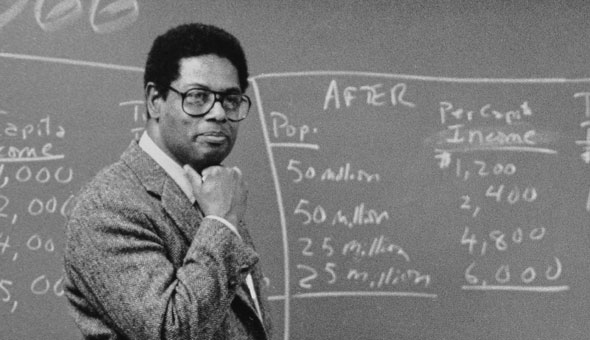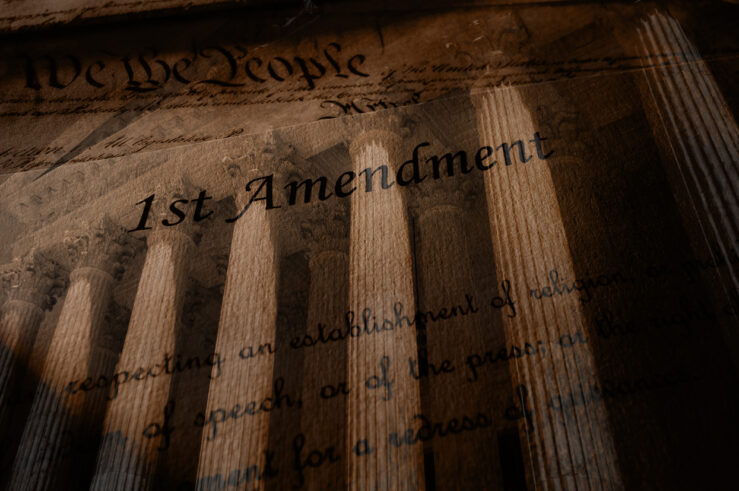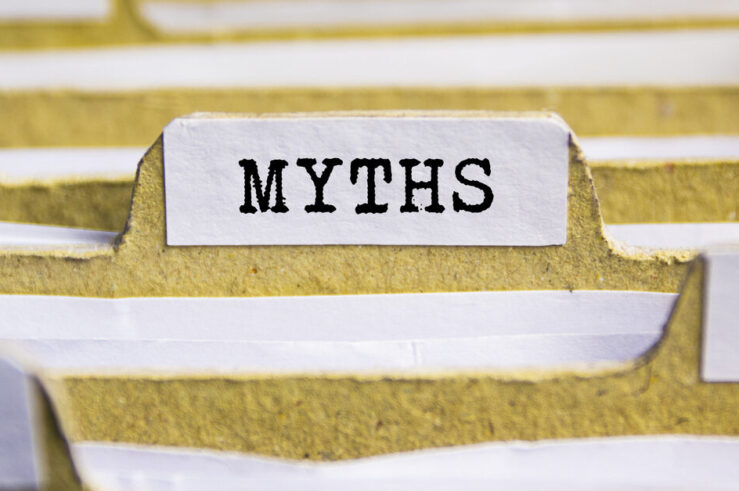Showing results for: “e-books”
What Is a Barrier to Entry?
Why do monopolies exist? Many textbooks point to barriers to entry as a cause of monopolies. Tyler Cowen and Alex Tabarrok’s textbook says: “In addition to patents, government regulation and economies of scale, monopolies may be created whenever there is a significant barrier to entry, something that raises the cost to new firms of entering the industry.” ... What Is a Barrier to Entry?
Antitrust at the Agencies Roundup: You Will Absolutely Work in This Town Again Edition
I mean, Alvaro. I know it was you, Alvaro. Readers might recall my recent discussion of the Federal Trade Commission’s (FTC) new Bureau of Let’s Sue Meta, in which I covered, among other things, the commission’s proposal to modify its 2020 Decision and Order In the Matter of Facebook Inc. (now Meta). The 2020 order ... Antitrust at the Agencies Roundup: You Will Absolutely Work in This Town Again Edition
The Law & Economics of Children’s Online Safety: The First Amendment and Online Intermediary Liability
Legislation to secure children’s safety online is all the rage right now, not only on Capitol Hill, but in state legislatures across the country. One of the favored approaches is to impose on platforms a duty of care to protect teen users. For example, Sens. Richard Blumenthal (D-Conn.) and Marsha Blackburn (R-Tenn.) have reintroduced the Kid’s ... The Law & Economics of Children’s Online Safety: The First Amendment and Online Intermediary Liability
State-Mandated Digital Book Licenses Offend the Constitution and Undermine Free-Market Principles
Various states recently have enacted legislation that requires authors, publishers, and other copyright holders to license to lending libraries digital texts, including e-books and audio books. These laws violate the Constitution’s conferral on Congress of the exclusive authority to set national copyright law. Furthermore, as a policy matter, they offend free-market principles. The laws interfere ... State-Mandated Digital Book Licenses Offend the Constitution and Undermine Free-Market Principles
Knowledge, Decisions, and Noncompetes
One of my favorite books is Thomas Sowell’s Knowledge and Decisions, in which he builds on Friedrich Hayek’s insight that knowledge is dispersed throughout society. Hayek’s insight that markets can bring dispersed but important knowledge to bear with substantial effectiveness is one that many of us, especially economists, pay lip service to, but it often ... Knowledge, Decisions, and Noncompetes
FTC Biweekly UMC Roundup – Mountain of Puffery Edition
Research still matters, so I recommend video from the Federal Trade Commission’s 15th Annual Microeconomics Conference, if you’ve not already seen it. It’s a valuable event, and it’s part of the FTC’s still important statutory-research mission. It also reminds me that the FTC’s excellent, if somewhat diminished, Bureau of Economics still has no director; Marta ... FTC Biweekly UMC Roundup – Mountain of Puffery Edition
NetChoice, Net Neutrality, and the Future of the First Amendment Online
In an expected decision (but with a somewhat unexpected coalition), the U.S. Supreme Court has moved 5 to 4 to vacate an order issued early last month by the 5th U.S. Circuit Court of Appeals, which stayed an earlier December 2021 order from the U.S. District Court for the Western District of Texas enjoining Texas’ ... NetChoice, Net Neutrality, and the Future of the First Amendment Online
UMC Rulemaking After Magnuson-Moss: A Textualist Approach
Introduction The Federal Trade Commission’s (FTC) ability to conduct substantive rulemaking under both its “unfair methods of competition” (UMC) and “unfair and deceptive practices” (UDAP) mandates was upheld by the U.S. Court of Appeals for the D.C. Circuit in 1973’s National Petroleum Refiners Association v. FTC. Nonetheless, the FTC has seldom exercised this authority with ... UMC Rulemaking After Magnuson-Moss: A Textualist Approach
10 Things the American Innovation and Choice Online Act Gets Wrong
The Senate Judiciary Committee is set to debate S. 2992, the American Innovation and Choice Online Act (or AICOA) during a markup session Thursday. If passed into law, the bill would force online platforms to treat rivals’ services as they would their own, while ensuring their platforms interoperate seamlessly. The bill marks the culmination of ... 10 Things the American Innovation and Choice Online Act Gets Wrong
Italy’s Google and Apple Decisions: Regulatory Paternalism and Overenforcement
The Autorità Garante della Concorenza e del Mercato (AGCM), Italy’s competition and consumer-protection watchdog, on Nov. 25 handed down fines against Google and Apple of €10 million each—the maximum penalty contemplated by the law—for alleged unfair commercial practices. Ultimately, the two decisions stand as textbook examples of why regulators should, wherever possible, strongly defer to ... Italy’s Google and Apple Decisions: Regulatory Paternalism and Overenforcement
How Changing Section 230 Could Disrupt Insurance Markets
In recent years, a diverse cross-section of advocates and politicians have leveled criticisms at Section 230 of the Communications Decency Act and its grant of legal immunity to interactive computer services. Proposed legislative changes to the law have been put forward by both Republicans and Democrats. It remains unclear whether Congress (or the courts) will ... How Changing Section 230 Could Disrupt Insurance Markets
The Klobuchar Bill’s Not-So-Bright Lines for Antitrust Scrutiny
In a recent op-ed, Robert Bork Jr. laments the Biden administration’s drive to jettison the Consumer Welfare Standard that has formed nearly half a century of antitrust jurisprudence. The move can be seen in the near-revolution at the Federal Trade Commission, in the president’s executive order on competition enforcement, and in several of the major ... The Klobuchar Bill’s Not-So-Bright Lines for Antitrust Scrutiny












